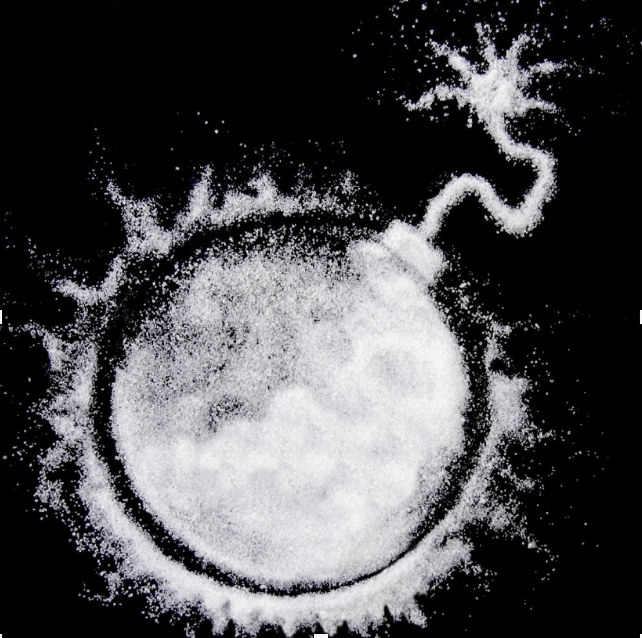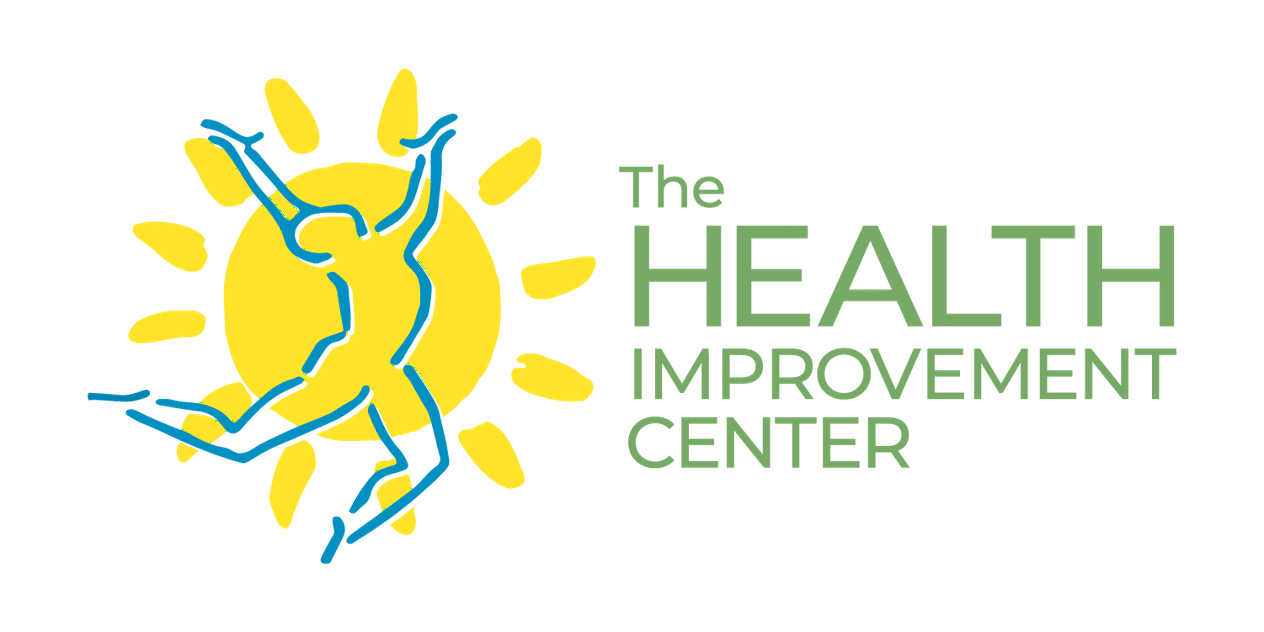
Dysfunctional blood sugar balance, immune issues, hormone imbalance, and adrenal fatigue are common, and even a small amount of sugar can send someone with these disturbances into sugar shock. Moreover, most of us already get a little here, a little there, and then a little more over here. That sugar really adds up. What do I mean by “a lot”? Our ancestors ate a negligible amount of sugar per day, compared to today’s intake of 17 teaspoons per day.
About twenty years ago, Nancy Appleton, PhD, began an eye-opening, research-supported list of the ways sugar can ruin your health. As research on the subject has continued, so has Appleton’s list, growing to one hundred forty-three points long. The latest version is included in her most recent book, Suicide by Sugar. It is also available on her health blog found at www. nancyappleton.com. Here is a small, yet powerful sampling of reasons to avoid sugar:
- Sugar feeds cancer cells and has been connected with the development of cancer of the breast, ovaries, prostate, rectum, pancreas, lung, gallbladder and stomach.
- Sugar can increase fasting levels of glucose and can cause reactive hypoglycemia. Whatever glucose is not used for fuel or energy immediately is converted to fat by the liver.
- Sugar can cause many problems with the gastrointestinal tract, indigestion, malabsorption in patients with functional bowel disease, increased risk of Crohn’s disease and ulcerative colitis.
- Additionally, diets high in added sugar may increase the susceptibility to certain autoimmune diseases, including rheumatoid arthritis, in some populations.
- Sugar can interfere with your absorption of protein.
- Sugar can cause food allergies.
- Sugar contributes to obesity.
- Sugar is the root of all inflammation.
Inflammation leads to Disease.
Sugar’s impact on children is more dramatic than it is on adults due to their smaller size and still-developing systems. The connection between sugar consumption and rowdy behavior and weakened immunity is strong.
Unruly Behavior
Clinical research has proven that destructive, aggressive and restless behavior is significantly correlated with the amount of sugar that is consumed. The main reason for this is the fact that refined carbohydrates, which include sugar and its cousin white flour, cause hypoglycemia, also known as low blood sugar. Because glucose (blood sugar) is the primary fuel for the brain, when blood levels are too low, the brain is affected first. The chain of events goes something like this: a soda drink or other sugary food is consumed and blood sugar rapidly goes up, the body releases insulin in response, and the sudden increase in insulin causes a drop in blood glucose. This yo-yo scenario stresses the body, causing a fight-or-flight response, which involves a rapid increase in adrenaline. Both the low blood sugar and surge of adrenaline exacerbate aggressive behavior and contribute to hyperactivity, anxiety and attention difficulties.
Mineral Imbalances
Minerals work synergistically with one another and have a vast number of functions within the body, including maintaining pH balance, aiding in digestion, and transmitting nerve impulses. Suffice it to say that the consequences of mineral imbalance can lead to many problems, including anxiety, asthma, tooth decay, brittle bones, and poor sleep quality. Here is the kicker: if one mineral is out of balance, so go the others. This is particularly true of calcium, magnesium, and phosphorous.
Years ago the dentist Melvin E. Page uncovered the significance of calcium’s ratio to phosphorous in regards to bone absorption and tooth decay. Sugar was found to be the driving force behind calcium-phosphorous imbalance; the elimination of this refined food allowed the ratio to recover and glucose levels in the blood to normalize. It was then that factors leading to bone loss and tooth decay (along with a number of other symptoms) vanished.
Sugar causes the body to excrete calcium and magnesium, which results in an improper calcium-phosphorous ratio. To help restore this balance, stored calcium is pulled from storage sources throughout the body—namely teeth and bones. Unfortunately, much of this previously stored calcium isn’t utilized well because it is not perfectly paired with phosphorus or magnesium. The calcium is either removed in the urine or finds a new, unnatural home, as in kidney stones or gallbladder as gallstones.
More Sick Days
White blood cells, called neutrophils, are a primary player in the immune system, fending off infection from foreign bacteria and viruses, anything from colds and strep throat to ear and sinus infections. Research shows these “germ-destroyers” become much less effective at their job when sugar is consumed (table sugar, fructose and even orange juice), and this immune malfunction can last up to six hours after consumption. Removing excess sugar is a must if you want to reduce the number of illnesses your family suffers.
Too much sugar in your system allows bacteria or viruses to propagate.
A 2012 study in 562 older adults found that those who had elevated blood sugar levels also had lower immune responses and higher levels of the inflammatory marker CRP. Similarly, many other studies have linked high blood sugar levels to an impaired immune response in people with and without diabetes.
Studies have found that excessive amounts of sugar, or glucose, in the body can inhibit the absorption of vitamin C. In the 1970s, researchers established that sugar and Vitamin C have a similar structure and enter cells using the same pathway.
The Addictive Power of Sugar
Although socially acceptable, sugar addiction is real. As with any addictive substance, more and more sugar is consumed over time, withdrawal symptoms are experienced when it is removed (headaches, low energy, mood swings), and finally strong cravings often lead to relapse. Regardless of the fact that it has been referred to as the “white plague” and rivals cocaine in its addictive strength, sugar remains a socially sanctioned commodity to sell, eat, or use to celebrate and lavish on children.
Sugar’s addictive power is three-fold. First, we have a natural affinity to sugar. It tastes yummy and gives our body fuel. While stumbling upon a beehive or bush of ripe wild berries was quite useful to our foraging ancestors in their endeavors to obtain enough calories. Our situation is quite different today. In our developed world of easy access, this added fuel has become over-available, over-processed and over-consumed, all of which lead to trouble with a capital T.
Second, sugar has the ability to increase pleasure-yielding opioids in the brain, similar to morphine and heroin, making one’s sugar cravings often too strong to ignore. Julia Ross tells us in The Diet Cure, “For some of us, certain foods, particularly ones that are sweet and starchy, can have a drug-like effect, altering our brains’ mood chemistry and fooling us into a false calm, or a temporary energy surge. We can eventually become dependent on these drug-like foods for continued mood lifts.”
Third, sugar begets more sugar. Eating sugar clearly throws one’s body chemistry into a tailspin. Tag on poor sleep habits, adrenal fatigue, and an overload of distress, intense cravings for sugar (or other substances like alcohol or drugs) can easily develop. Insulin imbalances and a lack of the happy-brain chemical called serotonin are often the underlying culprits. Essentially, the sugar being consumed perpetuates the vicious cycle of more intense sugar cravings.
Sugar is sugar, the body does not discriminate. The pancreas isn’t like, “Oooo is that honey? No insulin needed.”
This means any sugar—white table sugar, dehydrated cane sugar juice, maple syrup, honey, dextrose, brown rice syrup, maple sugar or coconut sugar. Also, as a side note, white flours and other stripped starches (also frequently found in processed foods) function similarly to sugar due to their “skeletonized” state; they are also best avoided for all the same reasons previously mentioned.
Most families seeking vibrant health know that home-cooked meals are a necessity. The case made for cutting down sugar only strengthens the need for this fresh-from-the-kitchen lifestyle.
Needless to say, it is imperative that each and every one of us becomes keenly aware of added sugar consumption. But what about sugars naturally found in foods? Fruits, berries, milk, carrots, winter squash, sweet potatoes, cherry tomatoes and red peppers? Whole foods contain a cornucopia of vitamins, minerals, fiber, fat and other co-factors that mitigate the dangers of the residing sugars. Body chemistry is not as affected as with more concentrated and isolated sugar sources. Moreover, once a person’s body chemistry is stabilized, these more subtly sweet, whole foods will often be enough to satisfy sweet cravings.
With that said, while these wholesome foods are nourishing to consume, the more sugar-endowed choices can be overdone. If you like fruit, the less-sugary choices of berries are best. Raw milk from range-fed animals is definitely nourishing for most to consume, however overindulging in its uncultured form can work against those who are trying to lose weight or maintain weight loss. Culturing dairy uses up most, if not all, the sugars.
A starch-filled sweet potato smothered with pastured butter and sour cream will cause only moderate fluctuations in blood sugar levels, because of the added fat and protein to slow down the meal’s digestion. Essentially, overdoing any food with a higher percentage of sugar or starch (from grains and potato foods) can be counterproductive to insulin stability and overall health.
Dr. Joseph Mercola goes as far as to say in his book Sweet Deception, “Without a doubt the best way to prevent aging and degenerative disease is to keep your insulin levels in a low but healthy range.” The simple answer to healthy insulin levels is moderate intake of grains, minimal consumption of sugars, physical activity, and good sleep.
If you want help getting rid of the sugar addiction, reach out to me.
Restoring Your Health Naturally,
Dr. Katie Thompson, DC, MSTN
Phone
Address
10006 Carrington Pl, Manassas, VA 20109
Hours
Monday 9am to 1pm
Wednesday 9am to 2pm and 4pm to 7pm
Friday 9am to 2pm and 4pm to 7pm
Saturday 9am to 1pm
Disclaimer – Privacy Policy – Terms and Conditions|©Copyright 2023. All Rights Reserved.

Your writing is a true testament to your expertise and dedication to your craft. I’m continually impressed by the depth of your knowledge and the clarity of your explanations. Keep up the phenomenal work!
Thank you,
Dr. Katie